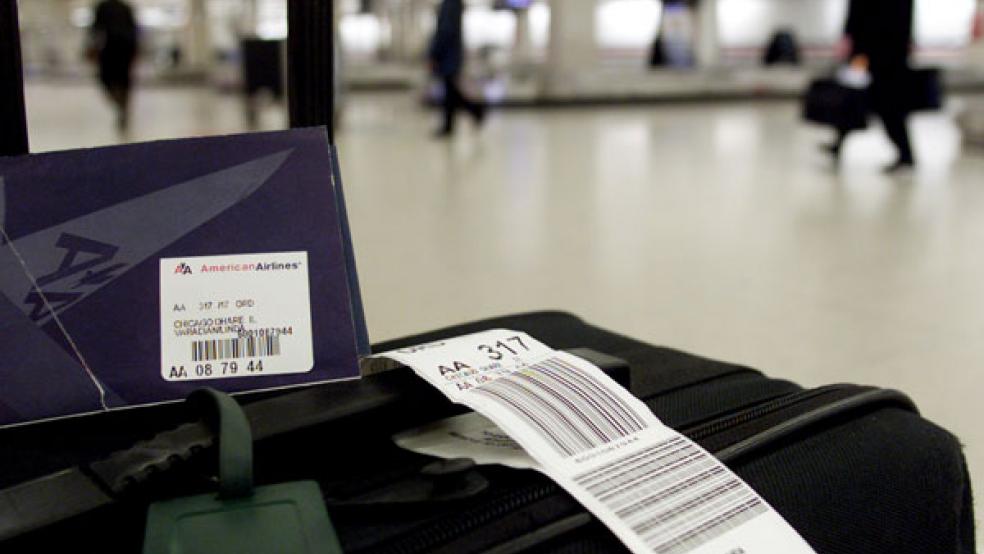Americans have been taking more vacations in recent years thanks to a combination of increased financial security and relatively low travel costs, and they appear poised to continue to do so despite the uncertainty following this year’s riotous presidential election.
In a poll of travelers before the election, more than six in 10 said that they planned to travel just as much in 2017 as they did in 2016, and 16 percent said that they’d travel even more, according to TravelZoo.
But travel is changing. Here are some of the biggest trends driving the industry in 2017:
1. Cuba is still the hottest place to go … for now.
The formerly forbidden Caribbean island (for Americans, at least) remains a top destination for travelers, thanks to a continued relaxing of restrictions from the Obama administration. Commercial flights to the Cuba began this month, at just a fraction of what it used to cost to take a charter flight to the island. Cuba was named both the hottest destination and the number one emerging destination for 2017 by the United States Tour Operators Association.
Related: 8 Tips if You Want to Travel to Cuba (Before It's Too Late)
It’s unclear, however, how the election of Donald Trump and the death of Fidel Castro could impact American travel there. The president-elect has promised to “cancel Obama’s one-sided Cuban deal,” without further concessions from Cuba, and he could do so fairly easily since the changes were made by executive order.
2. It’s a great time to visit Britain.
The economic uncertainty ushered in by the UK’s Brexit vote last June means a travel bargain for American travelers interested in visiting the country. While the British pound has regained some of its value since tumbling more than 30 percent after the referendum, it’s still down about 20 percent since the vote. A luxury five-star hotel in central London now costs 24 percent less than it did two years ago, and flights are at their lowest price in recent memory, according to TravelZoo. “People are worried about the long-term impact of Brexit, but it’s hard to see the short-term impact on a family that’s traveling,” says Patrick Surry, chief data scientist at Hopper.com.
3. Low-cost carriers continue to grow.
Foreign airlines like Iceland’s Wow Airlines and a new budget carrier from Air France plan to join an increasingly crowded field of no-frills airlines serving the United States. To compete with the foreigners, as well as established U.S. budget airlines like Spirit Airlines and Frontier, legacy carriers are introducing their own no-frills tickets, and charging fees for everything from carry-on bags to the ability to choose your seat. “Airlines are trying to create different fare categories, where you pay for what you care about, and then you pay a little more to get a traditional ticket,” says Jeff Klee, CEO of CheapAir.com.
The increased competition for entry-level passengers should put a damper on overall airline prices, and fuel the industry’s growing reliance on ancillary revenue.
Related: 8 Tips to Save on Spring Break Travel
4. Hotel rates are on the rise.
Recent hotel mergers are pushing up prices for consumers. The cost of North Americans hotel rooms is projected to rise 4 percent in 2017, with even larger increases on the West Coast, according to the Global Business Travel Association. Hotels are following the lead of airlines and tacking on a growing number of ancillary fees to their room rates, charging for everything from Wi-Fi to gym access.
5. Airline loyalty programs are becoming less generous.
This year, American Airlines became the last large carrier to shift its rewards program to award passengers based on the cost of their ticket rather than how many miles they’re flying. Airlines are also giving fewer upgrades to elite flyers at the gate, and they’re charging more for membership to their airport lounges. Those trends look set to continue through next year, so infrequent leisure travelers are now better off booking flights based on convenience, rather than rewards.
6. Active travel is huge.
Sitting on the beach for a week is so 2012. Both bucket-list-busting Boomers and experience-seeking Millennials are looking for vacation destinations and itineraries that include an immersive cultural experience as well as physical activity like hiking or rafting.
In response, tour operators continue to introduce new options at every price level. “Active travel fits in with the experiential movement, which continues to be hot,” says Terry Dale, chief executive officer of the United States Tour Operators Association. “People want to be engaged with the locals that call a particular place their home and they want to make sure that they understand the people, the culture, the history and the cuisine. They want trips that are hands-on, where they’re interacting as part of the travel experience.”
Related: The 15 Best Cruise Ship Destinations in the World
7. Expansion of sharing-economy lodging.
Perhaps due to those increasing hotel prices, online visits to sites like Airbnb and Homeaway.com, which allow travelers to rent homes rather than hotel rooms, surged 70 percent over the past three years, according to Hitwise, while searches at hotel aggregator sites fell 7.9 percent. If that trend continues, searches for sharing-economy lodging will overtake direct hotel searches next year.
One trend fueling the shift is new technology that now makes it just as easy to book vacation rentals as it is to book hotels. “Now when you see a property you like, you can take out your credit card and book it directly,” says Jen O’Neal, CEO and founder of Tripping.com.
8. Merger-mania may continue.
Mergers between the big airlines leveled off a bit this year as the Obama administration increased its scrutiny of such deals. Last month American Airlines and Quantas abandoned their plans for a merger amid regulatory hurdles from the Department of Transportation, and a proposed Delta and Aeromexico joint venture has also hit some stumbling blocks. A more pro-business Trump administration, however, may be more lenient about such deals.





